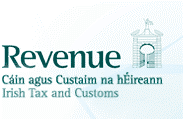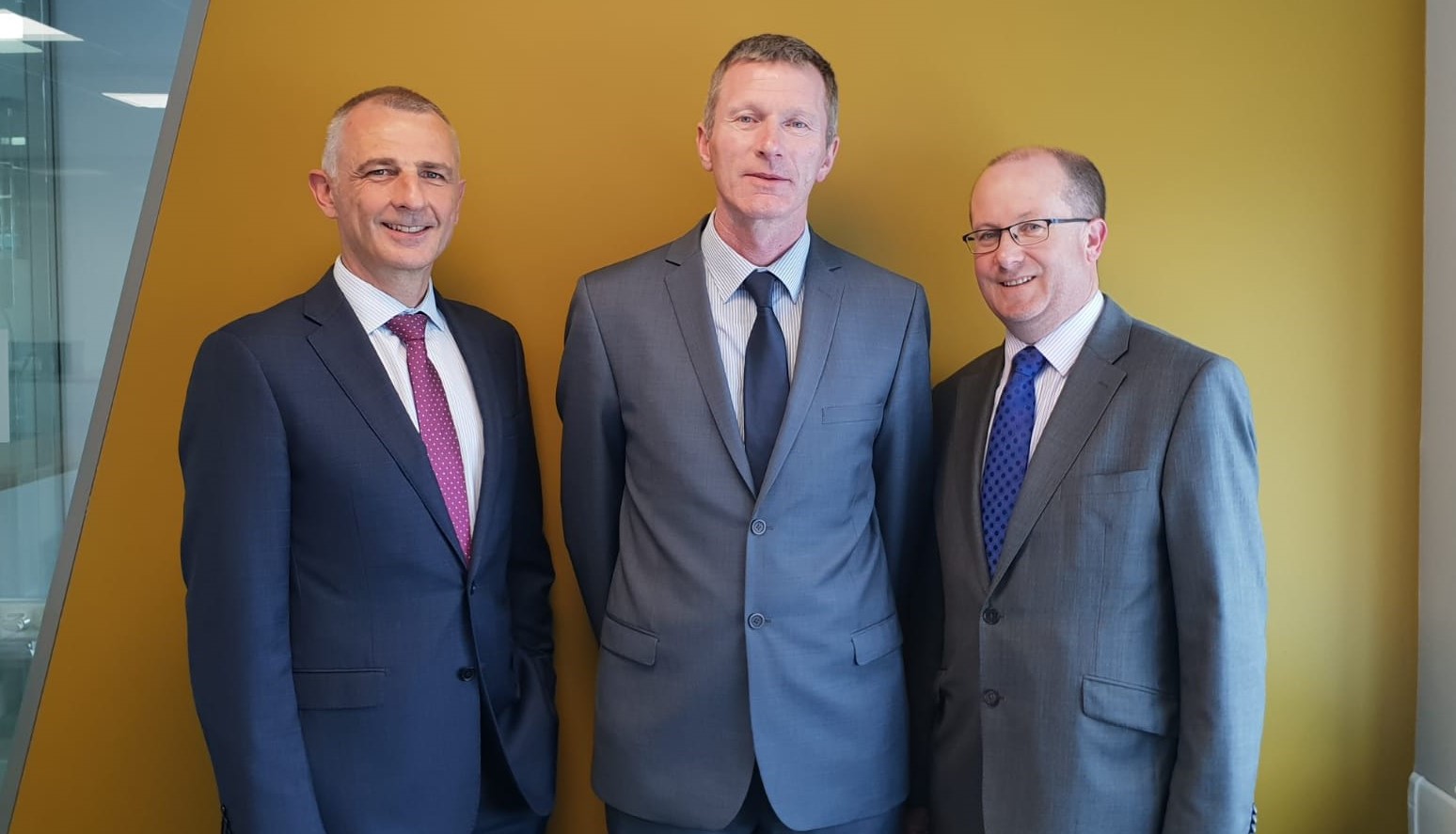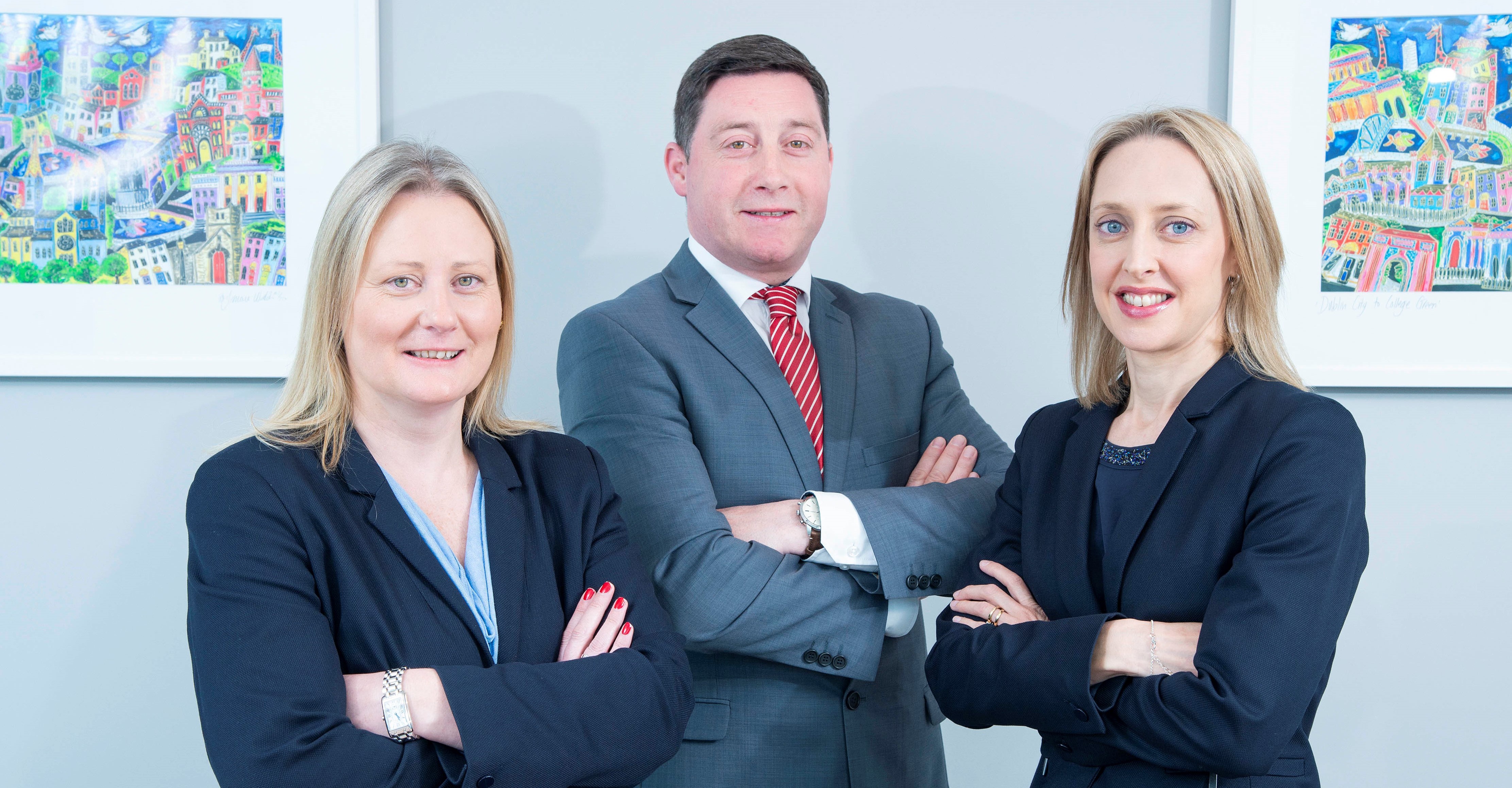
Pictured (l-r): Pamela Nodwell (Manager, Governance, Risk and Compliance), Edward Murphy (Partner, Head of Tax Services) and Carol Hartnett (Manager, Advisory Services)
Almost 20 years have passed since Carol Hartnett, Pamela Nodwell and Edward Murphy started training together at Crowleys DFK. After qualifying as Chartered Accountants, their subsequent careers took them in different directions but the trio reunited recently and now work together again supporting clients from Crowley DFK’s newly refurbished Cork and Dublin offices.
Carol Hartnett, Manager, Advisory Services
Carol Hartnett joined Crowleys DFK as a trainee accountant in July 1998, having previously completed a BSc in Accounting in UCC.
“During my training contract, I gained a very good overall grounding in business. I was given lots of responsibility and had lots of interaction with clients from a very early stage. This experience opened up multiple opportunities for me in my subsequent career,” Carol stated.
Having qualified as a Chartered Accountant, Carol sought to broaden her experience by working in industry. She left Crowleys DFK in 2002 and spent the next 15 years gaining experience and building her knowledge and expertise with multinational companies including PepsiCo, McAfee and Hewlett Packard Enterprises.
“When I first moved into industry, I worked as a general ledger accountant with responsibility for multiple entities within a European group structure. Then, in 2007, I moved into software revenue recognition where I was a manager for the next six years. I frequently travelled to the UK and California. It was a very fast-paced and dynamic environment,” Carol explained.
In March 2018, Carol returned to Crowleys DFK, taking up a position as manager in the firm’s Advisory Division. The work is project-based which means she supports different clients on a variety of issues. This diversity is what attracted her to the role.
“I am very happy to have re-joined Crowleys DFK as a manager in the advisory division. There is great satisfaction in working with clients to help them solve issues,” Carol said.
Carol is the second former team member to re-join Crowleys DFK in recent times. Pamela Nodwell, who trained with Edward and Carol, before qualifying as a Chartered Accountant in 2002, has also recently rejoined the firm.
Pamela Nodwell, Manager, Governance, Risk & Compliance
Pamela found that her pre-qualification training provided a solid foundation from which to further develop her experience and expertise as she progressed her career.
“During those early years with Crowleys DFK, I worked with a broad spectrum of clients across the public sector, financial services, retail and manufacturing. The experience I gained in accounts preparation, tax returns, audit and CRO filing has stood to me as my career progressed,” Pamela said.
Pamela subsequently moved overseas to gain international experience, spending five years in Bermuda before returning closer to home to take up roles in the Isle of Man and in Dublin. During this time, she gained extensive experience working with multinationals and developed particular expertise in governance, risk management and compliance.
With 15 years’ post-qualification experience under her belt and having held a number of senior management roles — primarily in the financial services industry — Pamela returned to Cork in July 2017, re-joining Crowleys DFK as a manager in the firm’s Governance, Risk & Compliance Division. She specialises in providing practical risk management, internal controls, compliance and process improvement solutions for clients in the financial services sector.
Pamela said, “It is great to be back and working in a division which Crowleys DFK has successfully developed in recent years”.
As well as serving clients, Pamela continues to focus on maintaining and developing her expertise. She is a Fellow of the Institute of Chartered Accountants, a Licentiate of the Association of Compliance Officers in Ireland, a member of the Institute of Bankers and the Professional Risk Managers’ International Association and she is currently studying for a Diploma in Risk Compliance and Internal Audit.
“Crowleys DFK has a great culture for fostering professional development, and the professional approach and focus on client satisfaction that existed in the firm when I joined in 1998 continues to be at the fore. This, coupled with the friendly and approachable culture and ability to attract highly talented and skilled people, contribute to the continuing growth and success of the Crowleys DFK.” Pamela added.
Edward Murphy, Partner & Head of Tax Services
When Edward Murphy joined Crowleys DFK as a trainee accountant in 1998, he little imagined that twenty years later he would be a Partner in the same firm. Like his fellow trainees, Carol Hartnett and Pamela Nodwell, he qualified as a Chartered Accountant in 2002 but unlike his colleagues, Edward chose to continue his career and studies in practice and qualified as a Registered Tax Consultant of the Irish Taxation Institute in 2005.
“I always enjoyed the diversity of working in a practising firm. There is great satisfaction in developing a deep understanding of clients’ objectives and being able to provide commercially effective solutions,” Edward stated.
Having risen through the ranks, Edward was appointed a Partner in 2006 and, today, heads up the Crowleys DFK tax department, supporting multinationals and indigenous organisations. He is delighted that his former colleagues Pamela Nodwell and Carol Hartnett have rejoined the firm.
“It is great that Pamela and Carol are back on the team. They bring great expertise and experience with them which will strengthen the services we provide for our clients. Fifteen years ago, we couldn’t have imagined that our career paths would converge again. It’s wonderful to be reunited,” Edward said.
Career Success Attributed to Crowleys DFK Training
While their individual career paths took different routes, Edward, Carol and Pamela all attribute their career successes to the initial training and support they received at Crowleys DFK. The firm continues to offer excellent opportunities for individuals interested in pursuing and progressing a career in business. For further information, please visit our Careers page.







 We welcome Revenue’s issuing of an eBrief on the tax treatment of cryptocurrency transactions.
We welcome Revenue’s issuing of an eBrief on the tax treatment of cryptocurrency transactions.
